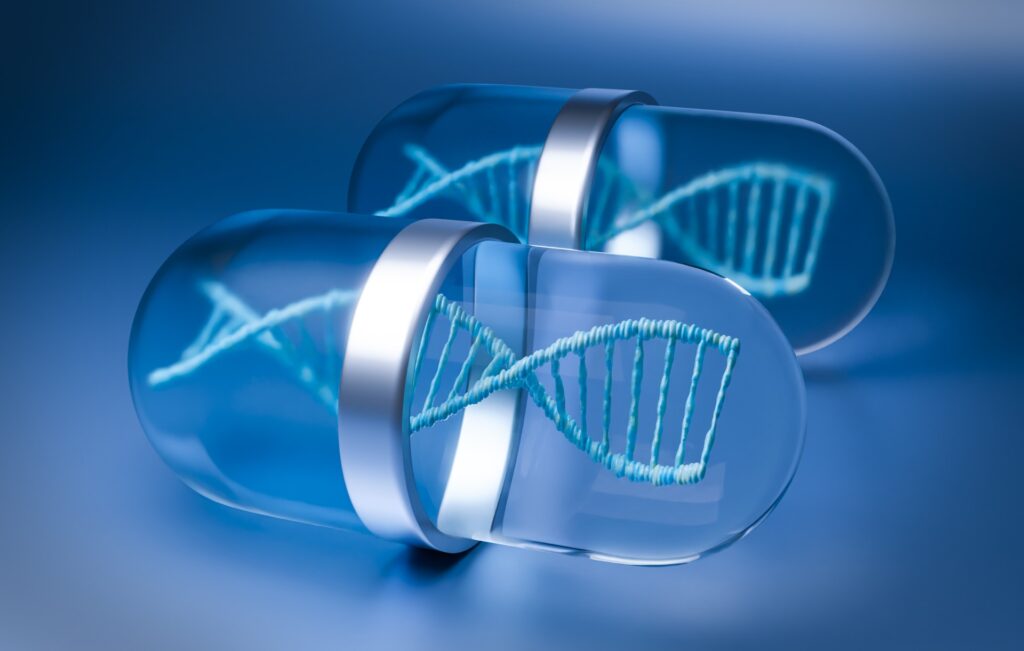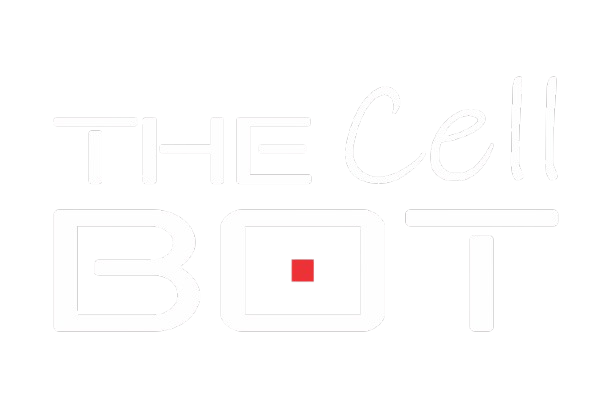When the Human Genome Project was completed in 2003, it marked a pivotal point in our understanding of life. Now, decades later, a group of scientists in the UK have embarked on a bold mission: not just to read DNA, but to synthesize it. The SynHG (Synthetic Human Genome) project may one day be remembered as one of the most transformative scientific initiatives in synthetic biology, redefining the boundaries of what is achievable through collective human capacity.
Led by Professor Jason Chin, founding Director of the Generative Biology Institute at the Ellison Institute of Technology, Oxford, and supported by a £10 million grant from the Wellcome Trust, SynHG brings together researchers from the Universities of Cambridge, Kent, Manchester, Oxford, and Imperial College London.
The collective goal of SynHG is to develop scalable, accurate genome synthesis tools, technology and methods for large, complex organisms. They aim to engineer synthetic chromosomes to better understand gene organization, regulation, and the architecture of life. In doing so, SynHG hopes to revolutionize biology, biotechnology, and medicine, opening doors to precise, cell-targeted therapies.
The Reason
Scientists have already synthesized entire genomes of simple microbes like E. coli and S. cerevisiae, but creating the genome of a large, complex organism such as plants, animals or a human has not been achieved. Moreover, unlike CRISPR, which edits existing DNA sequences, synthetic genomics aims to build entirely new ones.
Focusing directly on the human genome rather than model organisms like mice, provides an opportunity to test fundamental biological hypotheses and redesign genetic systems directly relevant to human health. This work could eventually lead to virus-resistant tissues for transplantation, novel cell-based therapies, and custom-designed immune systems.
The Challenge
Creating a human chromosome in the lab is not simply about printing a long strand of base sequences. This demands deep biological insight into how genes function and interact. It requires new, unprecedented technologies – from robotic DNA assembly systems to generative AI algorithms, to design sequences with both precision and purpose.
Besides, scientific innovation alone will not be enough. It will require unprecedented patience that comes with trial and error. Most importantly, It will require tremendous responsibility to ensure that what we can one day build, will be safe as public knowledge. The ethical responsibility of creating synthetic human DNA is enormous. As powerful as these tools are, they will require equally powerful governance and policy frameworks to ensure they are used safely, equitably, and responsibly.
To address this, SynHG incorporates a parallel social science program, Care-full Synthesis, led by Professor Joy Zhang at the University of Kent. This global initiative will examine the socio-ethical dimensions of genome synthesis across Europe, Asia-Pacific, Africa, and the Americas. Their ODESSI framework encourages Open, Deliberative, Enabling, Sensible & Sensitive, and Innovative public dialogue and policy involvement alongside scientific development.
The Implications
If successful, SynHG will do far more than synthesize a human chromosome. It will set new standards for synthetic biology tools and protocols, providing proof-of-concept for safe, large-scale genome construction. It will innovate regenerative medicine, immunotherapy, and targeted therapies. It may redefine our understanding of what life potentially is and can be, both scientifically and philosophically.
For instance, a synthetic chromosome could be engineered to resist cancer-causing mutations or fight off viral infections. However, such power raises vital questions: Could synthetic humans one day be created or could this technology be misused?
Researchers and society at large acknowledges that application of this innovation to human health will take decades. What matters most is ensuring that ethical considerations must co-evolve alongside the science.
BotThoughts
As someone who hopes to study molecular biology and genetics, I find SynHG both exciting and humbling. While I was researching this topic, I chanced upon Dr. Joy Zhang’s article, which inspired me and helped me reflect deeply on how genetic research should be shared globally, not just protected nationally. I strongly suggest that my fellow student community should read it. She explains that while some countries enforce “genomic sovereignty” to guard their own data and prevent exploitation, this can unintentionally slow scientific progress and deepen global health inequality. Instead, she argues for “genomic solidarity,” a principle where countries collaborate, share genetic knowledge, and build trust across borders.
I found this idea powerful. As a student from the Global South, I understand the need for national policies and scientific ownership but I also believe we won’t benefit from science if we isolate ourselves. Projects like SynHG shouldn’t just be about making new DNA. They should be about sharing the benefits of what’s discovered. Genomic solidarity means recognizing that our genetic differences are not reasons to divide us, but opportunities to work together for better, inclusive science.
I believe the true success of SynHG will lie in how its discoveries are used – not just to advance science, but to advance humanity; not just to benefit a few, but to be of service to all.
References
SynHG. www3.mrc-lmb.cam.ac.uk/sites/synhg.
Venter, J. Craig, et al. “Synthetic Chromosomes, Genomes, Viruses, and Cells.” Cell, vol. 185, no. 15, July 2022, pp. 2708–24. https://doi.org/10.1016/j.cell.2022.06.046.
Zhang, Joy Y. “Commoning Genomic Solidarity to Improve Global Health Equality.” Cell Genomics, vol. 3, no. 10, Sept. 2023, p. 100405. https://doi.org/10.1016/j.xgen.2023.100405.




